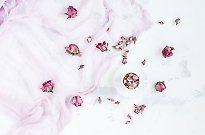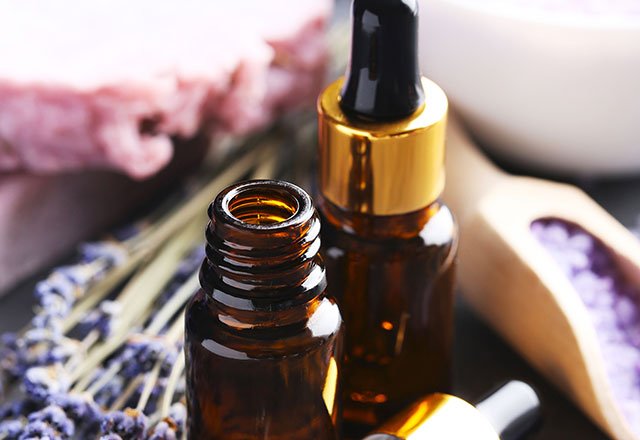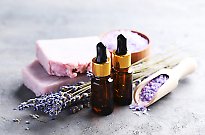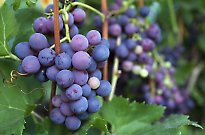
What to look for when purchasing essential oils

For the next time you're out shopping.
Good quality essential oils should have the following information on their labels.
- A common name and botanical name
- A specification of which part of the plant is used (i.e. flowers, leaf, bark, etc.)
- An expiry date as all essential oils are volatile and are affected by heat, light and oxygen.
- A specification that the product is 100 per cent essential oil – not fragrant or perfume oils, which are synthetic and don’t have the chemistry that makes essential oils unique and provide the therapeutic action.
- A dark glass container: as essential oils are affected by heat, light and oxygen, a dark glass bottle is used to avoid UV light.
TIP: It’s best to purchase Certified Organic essential oils or industry TGA regulated essential oils, because it means that the plant material used was grown organically and without pesticides.
Caution: do not ingest essential oils unless prescribed by a registered practitioner, keep out of reach of children, seek medical advice if symptoms persist and use only as directed.
NEXT: Here are 3 simple ways to use essential oils at home.


